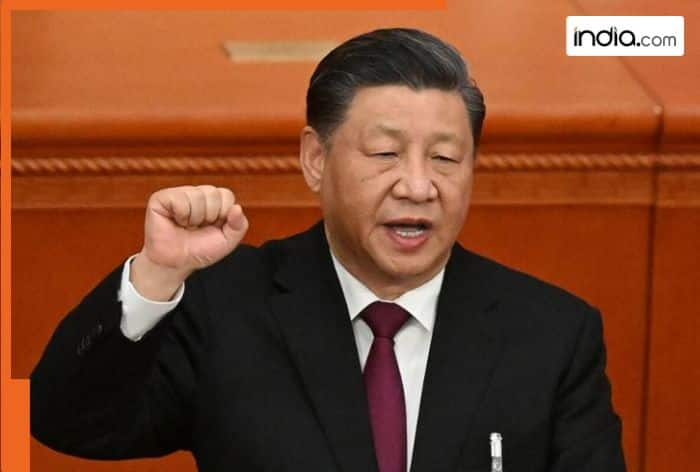China is not only increasing production of these minerals but also using them for domestic industry. In the first nine months of last year, China imported 12% of copper, 21% of cobalt and 20% of bauxite.

The global transition to green energy and the development of data centers for smart technology has significantly increased the demand for minerals. China is increasing its control over these minerals, and Chinese companies are investing heavily in large-scale mines around the world, increasing their control over key resources. The situation has raised concerns about the potential impact on supply chains not only in Western countries but also around the world.
Minerals play an important role in today’s global economy, especially in green energy and smart technology. Recognizing this, China is strengthening its control of mineral resources. Last year, Chinese companies invested about $16 billion (approximately Rs. 1.3 billion) in mines around the world, the largest investment in a decade. These investments include copper, gold and other mineral mines in countries such as Afghanistan, Ghana and Zambia.
China is paying particular attention to copper
China has placed particular emphasis on minerals such as copper, which are essential for electric vehicles (EVs) and green energy equipment. In 2023, Chinese companies invested 60% of their total overseas investment in copper. Additionally, Chinese companies are increasingly investing in minerals such as lithium and cobalt, which are essential for electric vehicle batteries. For example, Ganfeng Lithium expanded its mineral operations from Argentina to Australia.
Chinese mining companies are now among the world’s largest mineral producers. Zijin Mining, which owns mineral assets from Serbia to Suriname, is currently producing at levels comparable to major mining giants such as BHP. Another Chinese company, CMOC, has become the world’s largest cobalt producer.
Increased production of these minerals
China is not only increasing production of these minerals but also using them for domestic industry. In the first nine months of last year, China imported 12% of copper, 21% of cobalt and 20% of bauxite. These minerals are used in the production of batteries, solar panels and electric vehicles in China.
This mineral supply supports the metal production base of China’s large industry, which far leads other countries. In terms of refined minerals, China supplies about 60 percent of the world’s battery lithium, 65 percent of its nickel, 70 percent of its cobalt, and 90 percent of rare elements such as neodymium. Some Chinese mining companies are moving further into the supply chain, with companies like Zijin producing copper foil. These metals are used in Chinese factories that make nearly half of the world’s electric vehicles (EVs), 80% of lithium-ion batteries and solar panels.


